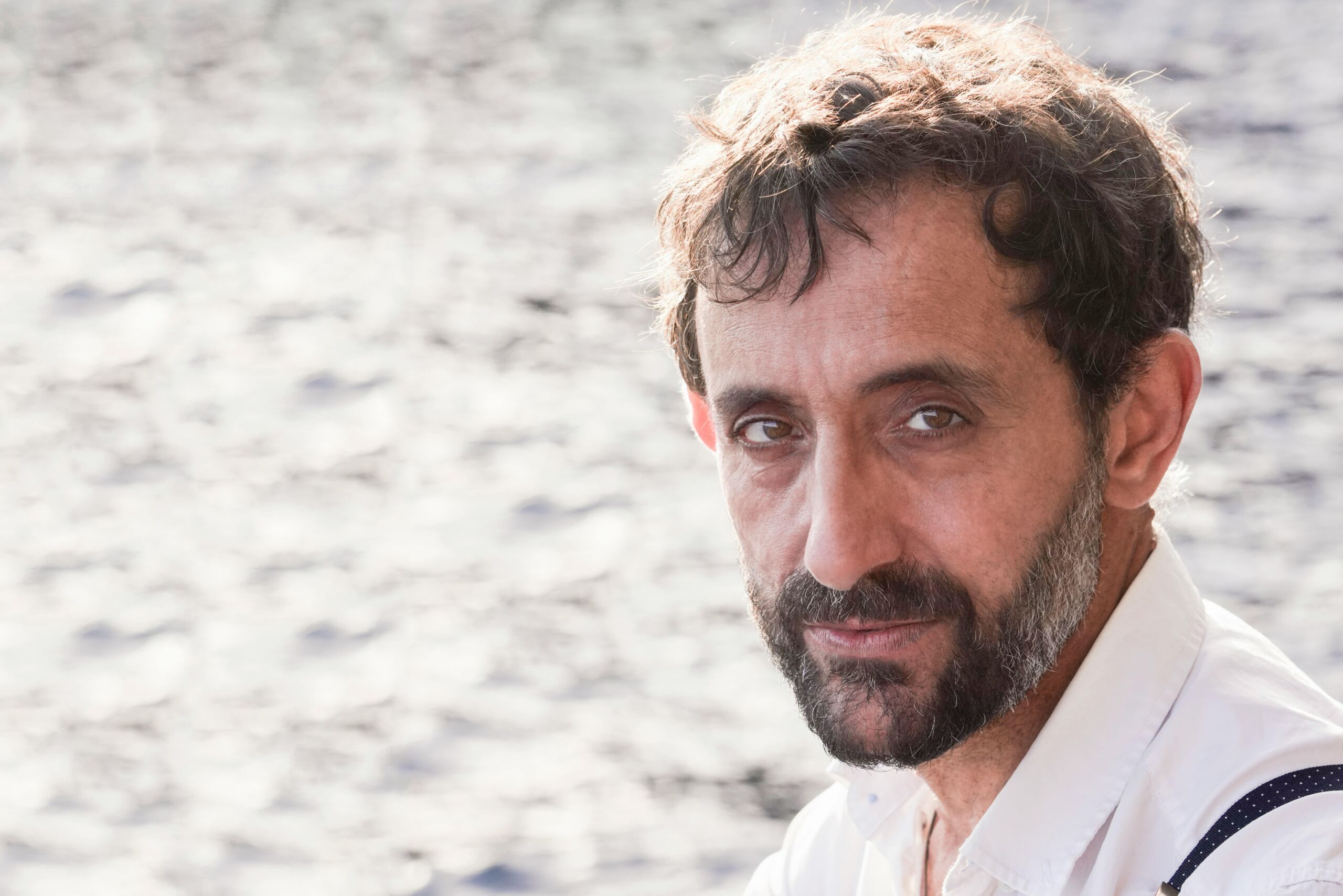Your loved one has decided to participate in eye movement desensitization and reprocessing therapy (EMDR). That’s great!
It represents another step closer to resolving the issues that have plagued them for so long. For instance, post-traumatic stress disorder (PTSD) resulting from past traumas, complex PTSD (C-PTSD) are all commonly treated with EMDR. Many therapist use EMDR for anxiety treatment. Relationship issues and and stress may be addressed too. In fact, EMDR therapy can be used for a variety of issues.
They are very lucky to have you in their life. To be part of their support system now is a hopeful opportunity.
Taking this new step with an EMDR therapist, your loved one will still need your comfort and understanding. Here are a few ways to encourage your loved one as they participate in EMDR therapy.
Learn More About EMDR
First, you can be a resource for your loved one by learning what you can about EMDR therapy. EMDR is a treatment model based on combining prompts and eye movements at the same time. Your loved one begins the process by discussing their personal history with a therapist. This helps them both target which issues still need to be resolved. Then, your loved one learns positive coping skills for when they feel anxious, overwhelmed, etc. These skills will be useful when things get to be too much to handle during sessions.
Generally, EMDR, your loved one will:
- receive a prompt from the therapist on what area they will focus on.
- allow themselves to reflect on that issue.
- not have to talk about what they are feeling. Really, the idea is to experience it.
- follow the therapist’s movements with their eyes as they pass a pen, a finger, or other objects back and forth.
- This action, combined with reflection, allows the brain to process and resolve past traumas and other issues.
By learning more about what happens in an EMDR session, you will be better able to understand and support your loved one.
Encourage Your Loved One to Stick with It
Any good therapy is going to entail some level of discomfort. And one of the best things you can do is encourage your loved one to talk with his/her therapist if they begin to struggle with therapy. It can be hard for some people to tell the truth to their therapist. Sometimes therapy clients avoid having awkward or uncomfortable conversations with their therapist. But if one is not careful, this avoidance can sabotage the therapy.
Because EMDR requires reflection on past issues or trauma, it can be very difficult for your loved one to stay with therapy. They may hesitate, or even push back at having to consider some pretty serious events. You can be the supportive, encouraging, and empathetic shoulder they need. Remind them how the goal of EMDR is to help your loved one no longer have to struggle with these burdens. This helps them to keep in mind the “big picture” of what they are trying to accomplish.
Ask Them to Teach You the Coping Skills
Another way that you can support your loved one through EMDR is by asking them to teach you some of the coping skills they have learned. This accomplishes two things.
- You learn some of these skills, which helps you better understand what your loved one is learning.
- It helps your loved ones reinforce the learning that they experienced in session and attain mastery of those techniques.
Also, it should be noted that these are not complicated coping skills. They may be as simple as breathing exercises for help with self-control. Perhaps after dinner one night you two can sit down together and practice one of these skills together.
Seek Out Support for Yourself
Finally, it’s useful to remember that you will need support too. There may be experiences that you have had with your loved one that you need to discuss. This isn’t being selfish. Rather, it allows you to the resources and tools needed to fill that supportive role for your loved one.
EMDR is a powerful tool for resolving past issues, such as trauma or PTSD. However, it’s just one piece of a much broader puzzle your partner will need to heal. This includes you too. You can play a vital role in helping your loved one get the treatment they need. Reach out today to learn more about how EMDR treatment will help.





